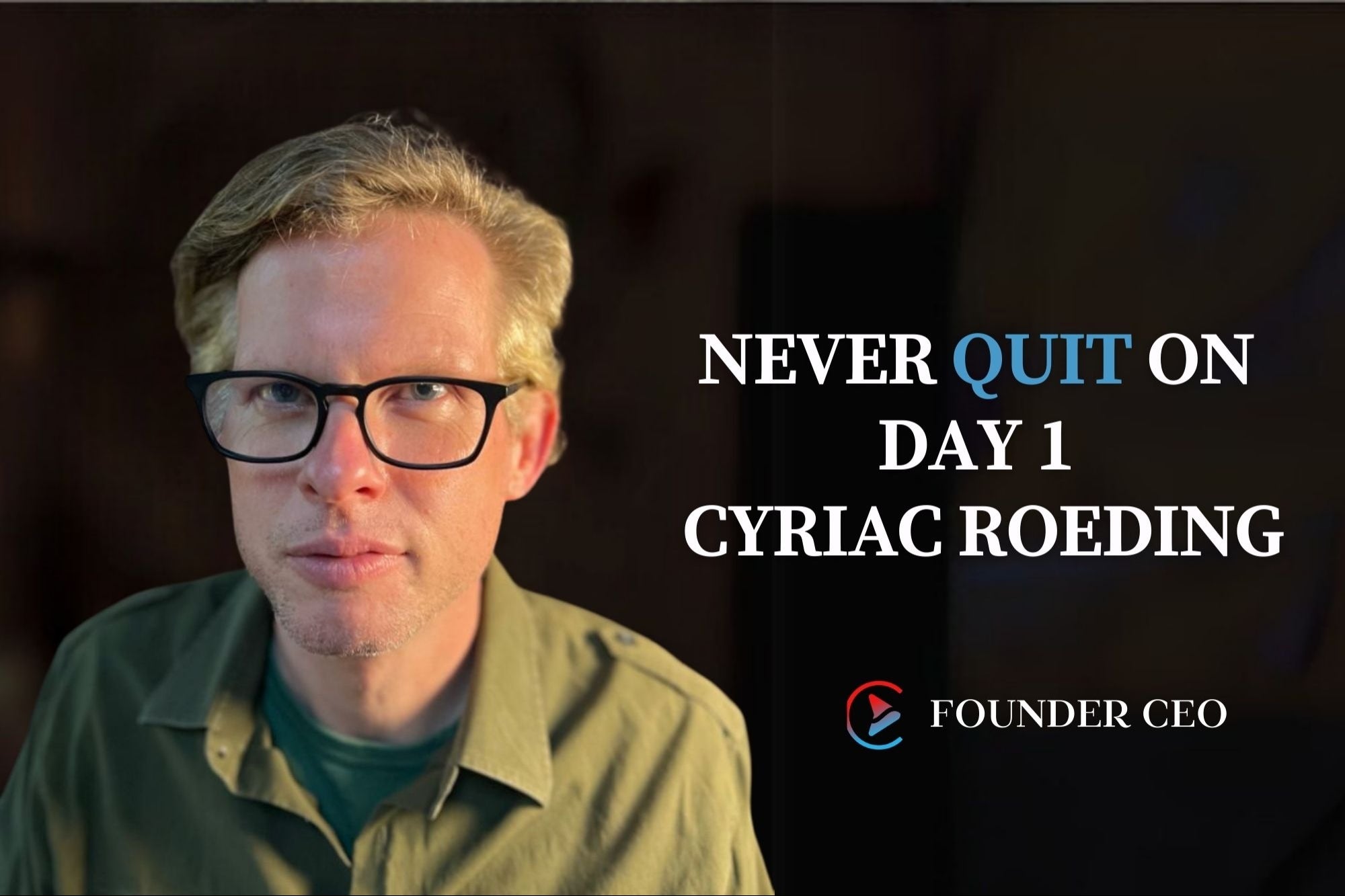Why Mobile Won't Kill Desktop Ecommerce Retail should continue to pay attention to both platforms.
By Anand Srinivasan Edited by Dan Bova
Opinions expressed by Entrepreneur contributors are their own.

When it comes to ecommerce, mobile is picking up steam. A recent survey, conducted by the National Retail Federation, found that nearly 57 percent of online shopping traffic during this year's Black Friday season came from mobile phones. Meanwhile Walmart reported sales from mobile phones nearly doubled from 2014 to 2015.
While the debate over whether online shopping will kill brick-and-mortar stores has been around for a long time, do these latest statistics indicate that desktop ecommerce is itself in danger of becoming obsolete?
Not necessarily, according to Andy Wong, a partner at Kurt Salmon Digital. He says that while traffic from mobile phones to ecommerce sites is growing rapidly, it doesn't necessarily translate into actual sales. Many of his clients see nearly 70 percent of their email opens happening over mobile. But in terms of actual conversions, mobile is growing pretty slowly.
On mobile, one of the biggest obstacles online retailers face is the checkout process, says Andrew Mavraganis, the co-owner of StoreYourBoard.com, an ecommerce site in the action sports space.
"It often takes too long and is too cumbersome for consumers to fill out their payment information and shipping address on a mobile phone," he says. "For sites like ours, where customers aren't necessarily repeat customers with accounts and saved information, this can be a big deterrent to mobile ecommerce."
Related: 3 Steps to Get Prospects Coming Back to Your Website
This presents an opportunity for horizontal retailers like Amazon that have a large percentage of repeat customers. Because they are able to access saved billing information, these retailers can make the checkout process more seamless on mobile and thus benefit from the surge in mobile ecommerce traffic. Andrew believes one of the larger players in the technology space such as Apple or Amazon will launch a service like Apple Pay for mobile commerce to streamline the checkout process on mobile, which can lead to higher conversions.
But when all is said and done, while mobile phones will play an increasingly crucial role in the purchasing process, they need not replace the desktop and laptop. Even if most customers never start making purchases on mobile, they will still use their smartphones to read promotional emails, visit websites, engaging on social media and read reviews.
As a savvy marketer, it important to focus on an omni-channel retail strategy instead of picking one platform over another. The buyer is technology agnostic, and so retailers should focus on creating a seamless purchasing experience over multiple platforms.
Related: 4 Challenges That Marketplace Businesses Face, and How to Overcome Them










